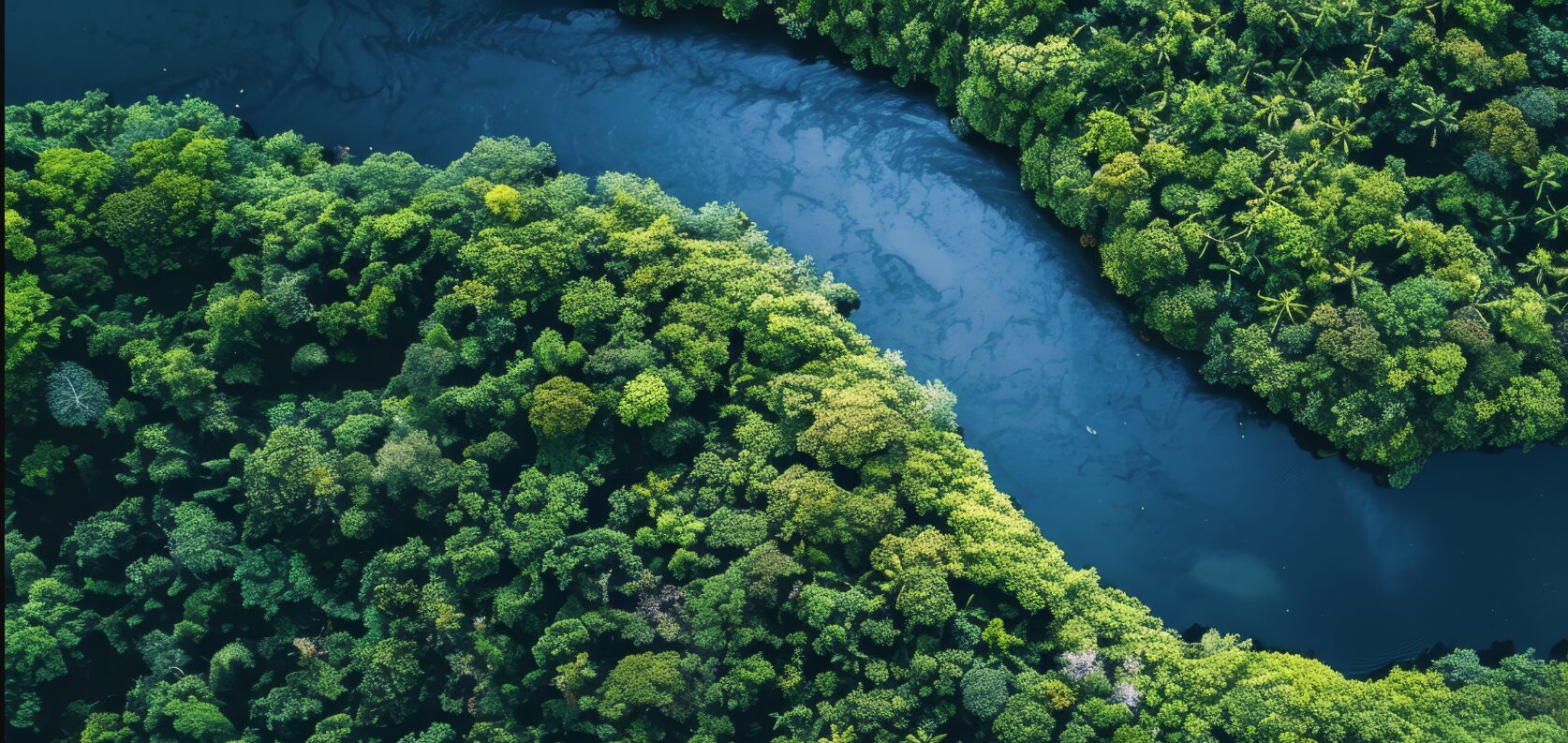Insights > Client Alerts
Client Alerts
Normative instruction updates compliance procedures for rural land within the “Legal Amazon”
November 11th, 2024

On October 29, 2024, the Ministry of Agrarian Development and Family Farming and the Brazilian Institute for Colonization and Agrarian Reform (INCRA) published Normative Instruction No. 144 (“IN 144”), which updated compliance procedures and rules for land property located in rural areas owned by the Federal Government within the “Legal Amazon.”
Bringing land property in the Legal Amazon into good order
IN 144 amends INCRA Normative Instruction No. 104. As such, the compliance procedure that IN 144 addresses correlates with Law No. 11,592/09 and encompasses provisions that enable land occupied illegally or informally to be put into good order so as to ensure ownership rights for legitimate occupants. This involves a series of administrative and legal procedures resulting in the granting of property titles or use concessions for rural producers occupying the land.
This process applies to several contexts, such as:
- In areas occupied by small farmers and traditional communities;
- To formalize land possession in agrarian reform settlement areas;
- In conflict areas where there are disputes over land possession and
- In rural areas, necessary for sustainable development, facilitating access to financing, government incentives, and improvements in local infrastructure.
What changes with IN 144?
The updated regulation adds important details for land property compliance, which is especially important regarding infrastructure, energy generation, and agribusiness initiatives within the Legal Amazon.
Below, we have listed the main changes introduced by IN 144:
- The land property must be active in the Rural Environmental Registry (CAR) to be in good standing;
- The CAR and consultations with environmental agencies (state or district) at the evidentiary stage of the legitimization process in areas with up to one fiscal module (Brazilian rural tax unit) and
- When the property overlaps with Type B Public Forests (FPB), the area must be allocated for establishing a Legal Reserve or be considered a Permanent Preservation Area.
Before IN 144 was published, the CAR was required regardless of its status; that is, the property could have an inactive record with the National System for Rural Environmental Registry (SICAR). IN 144 waived the CAR for areas with up to one fiscal module. On the other hand, larger areas now require an active registry.
In addition, there was no provision related to Type B Public Forests before IN 144. These forests are located in unclaimed areas obtained by the government but have yet to be allocated. IN144 requires an overlap analysis involving the public forests and the area that must be put into good order. If these areas overlap, the public forest must be fully allocated to establish a Legal Reserve or be considered a Permanent Preservation Area. This is, in fact, a condition subsequent for legitimizing the land. In addition, if the entire area overlaps with a Type B Public Forest, the application will be denied.
Finally, IN 144 made it impossible to legitimize land in favor of an occupant listed in the Ministry of Labor and Employment’s registry under employers that submitted workers to forced labor.
IN 144 impacts
Although IN 144 now requires an active SICAR registry, the new regulation introduced changes aimed at streamlining the process of restoring land property to good order by adapting document requirements for smaller areas and ensuring greater legal certainty and protection for Type B Public Forest.
In addition to matters related to the CAR and the Federal Government’s competence to demarcate lands, the lack of certainty regarding the “time limit” (marco temporal) to demarcate indigenous lands is equally important to legitimize land in the Legal Amazon. As such, these matters require extra care to move forward with any process.
Demarest’s Real Estate team is monitoring the topic and is available to provide any further clarifications that may be necessary.
Related Partners
Related Lawyers
Flavia Bahia Vidigal
Bianca Paleckis
Daniela Gaia

















